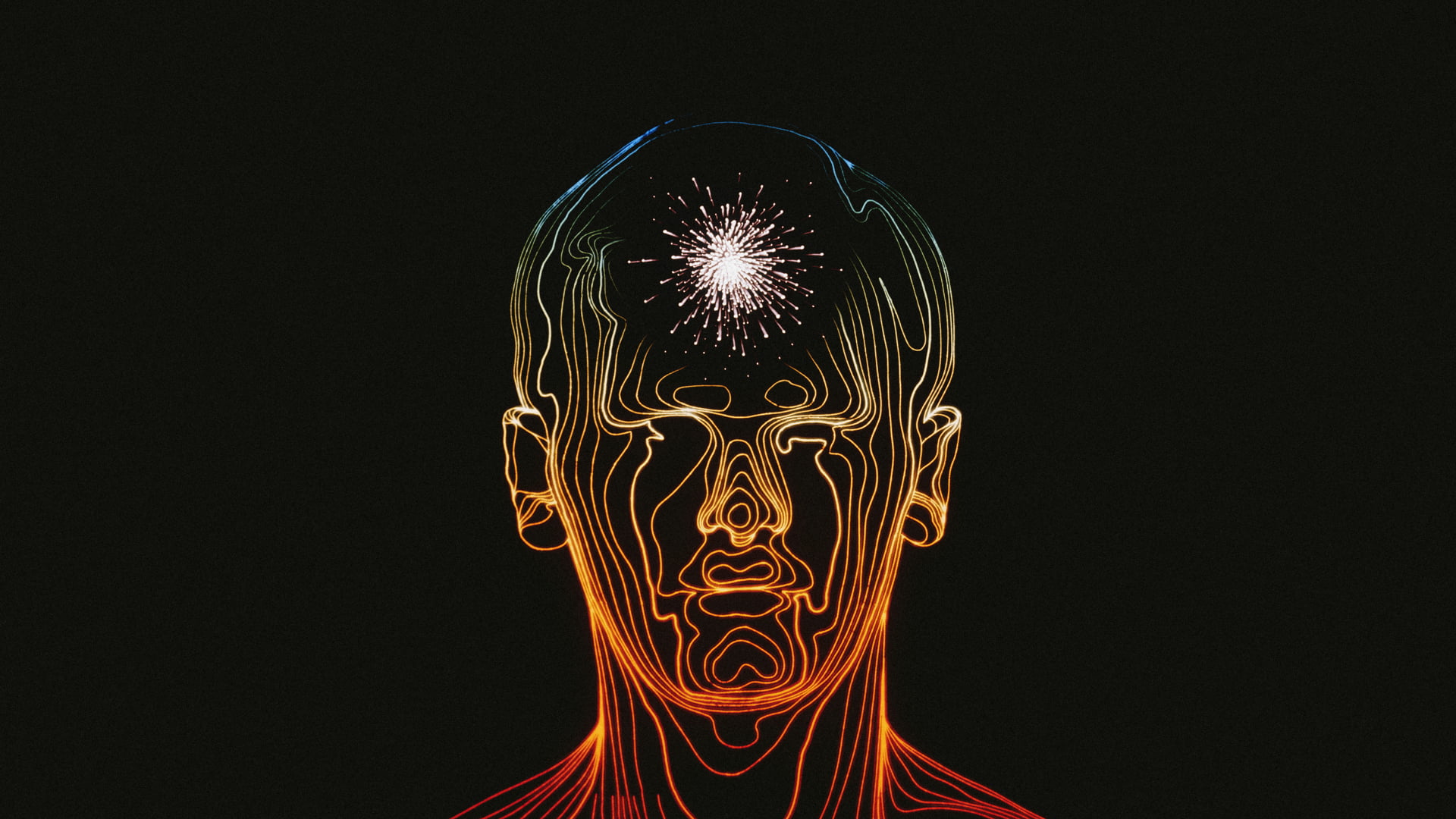
Music: Mind, Body and Health
There has been lots of research surrounding music’s healing capabilities, some spiritual and some medical and cientific, but this is an ongoing dialogue that never ceases to amaze, because there are indeed some uses of music that can help with our health.
The human brain and nervous system are hard-wired to distinguish music from noise and to respond to rhythm and repetition, tones and tunes. Is this a biologic accident, or does it serve a purpose? It’s not possible to say. Still, a varied group of studies suggests that music may enhance human health and performance.
Harvard Health Publishing
The Brain and The Mind

This is the area where research has been more extensive and profound, there is a focus on this area because it’s where music has it’s most direct consecuences.
The neurobiology of music is a highly specialized field. But music also has major effects on many aspects of health, ranging from memory and mood to cardiovascular function and athletic performance.
Harvard Health Publishing
If it affects the mind it will affect the body but more on that later. There has been an increase of interest towards the importance of music in the area of psychology since the mid XX century, however studies of music and their consecuences in human behaviour dates back to the studies of ancient greeks,
Meditation
There are many exercises such as Yoga and Tai chi that uses music as a method of relaxation and helping the mind be free to embrace the activity
Music and meditation has its origin in religious music, due to the general alignment and meaning of the compositions.
Body
There are also many phisical reactions to music involving the heart, blood pressure and of course the most common “goose bumps”
Research has shown that music may influence central physiological variables like blood pressure, heart rate, respiration, EEG measurements, body temperature and galvanic skin response. Music influences immune and endocrine function. The existing research literature shows growing knowledge of how music can ameliorate pain, anxiety, nausea, fatigue and depression. There is less research done on how music, and what type of music, is utilized and administered specifically for optimum effect in specific clinical situations.
PubMed.gov
Concerning what type of music and how it does what it does, many believe it might be different for each person, depending on what type of lives they have and how they think and live as an individual. The fact that there are phisical effects is universal, but how, it depends.
Music Genres

Music is healthy in many ways, and it has been like that for centuries. Each person finds its way into different types of music that fits their needs or rather, the lack of something in their lives, for example. Someone that listens to heavy metal, may not be a violent person, actually, it’s a way to counter negative feelings.
A thesis based on case studies shows that listening to music (heavy metal included) helps people who have been traumatized. It helps them regulate their emotions, overcome suicidal thoughts, and occupy their sensory environment.
Cognitiontoday.com
For example techno music has another set of common effects related to energy.
Further, due to the techno-music induced biological effects and its proven ability to increase endurance and buffer the immediate negative effects of exercise, it is easy to understand the strong link between techno and all-night dancing.
djbroadcast.net
The effects music has on our bodies is much greater than people would think, and it can be dismissed as just being entertained, but it goes beyond that, and even more, there is still some mistery surrounding this, and only time and experience might will say if it’s something that can be fully understood.
